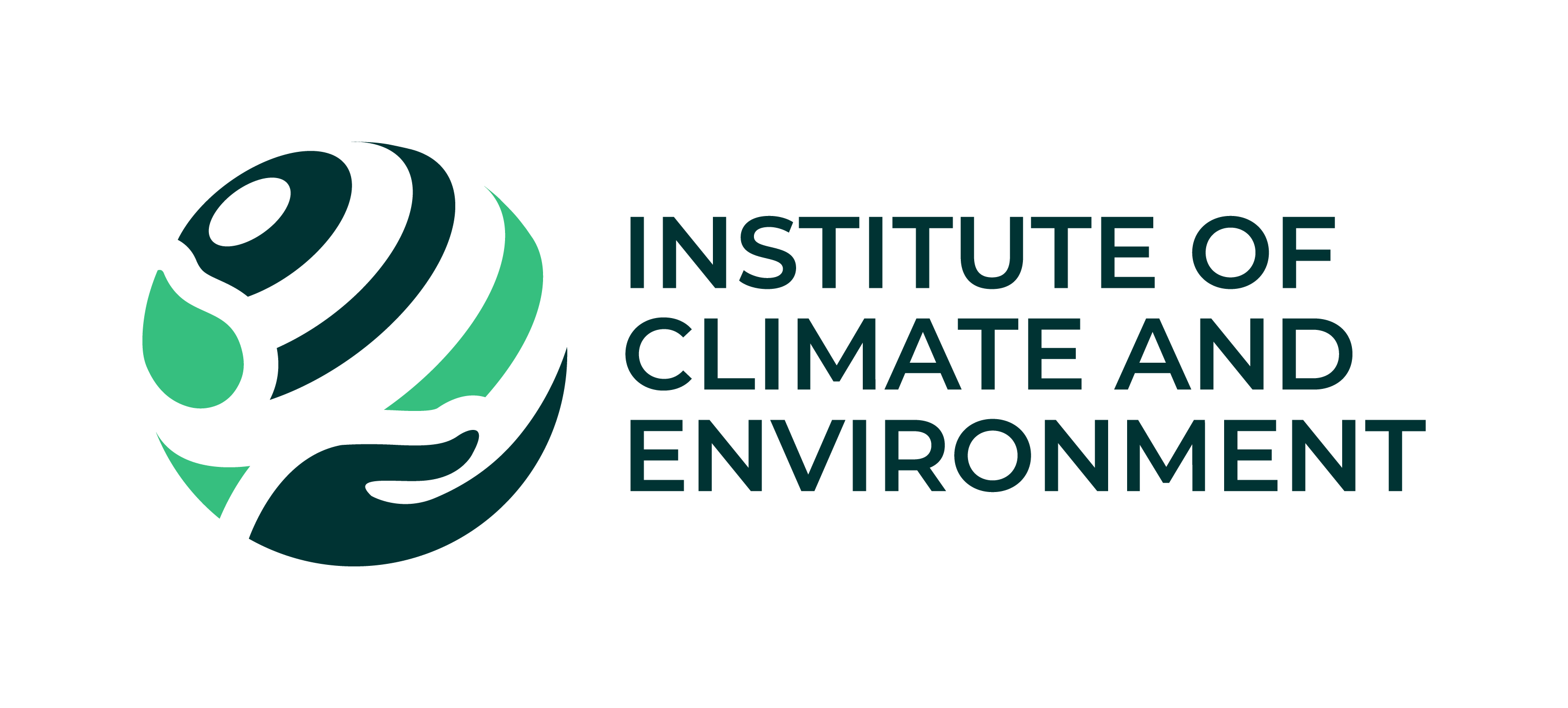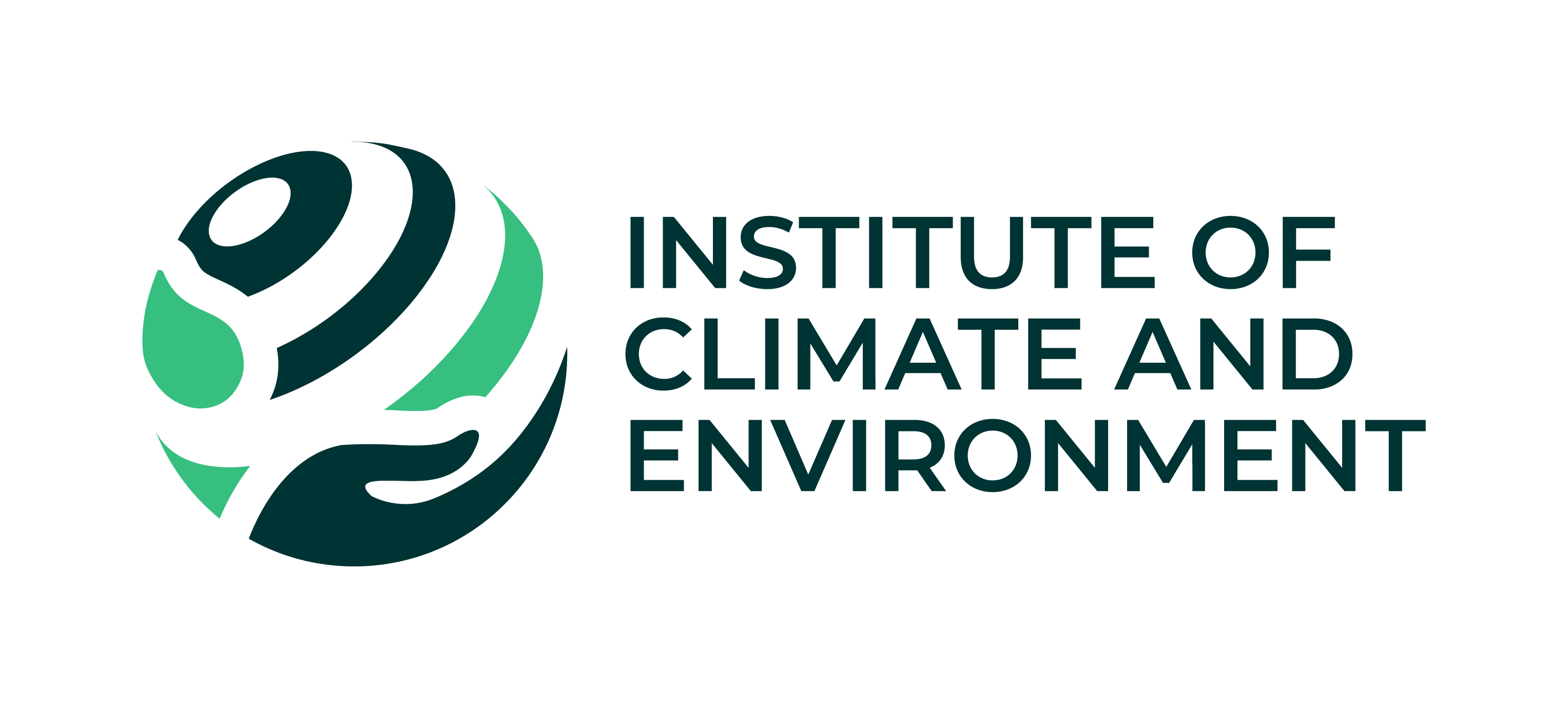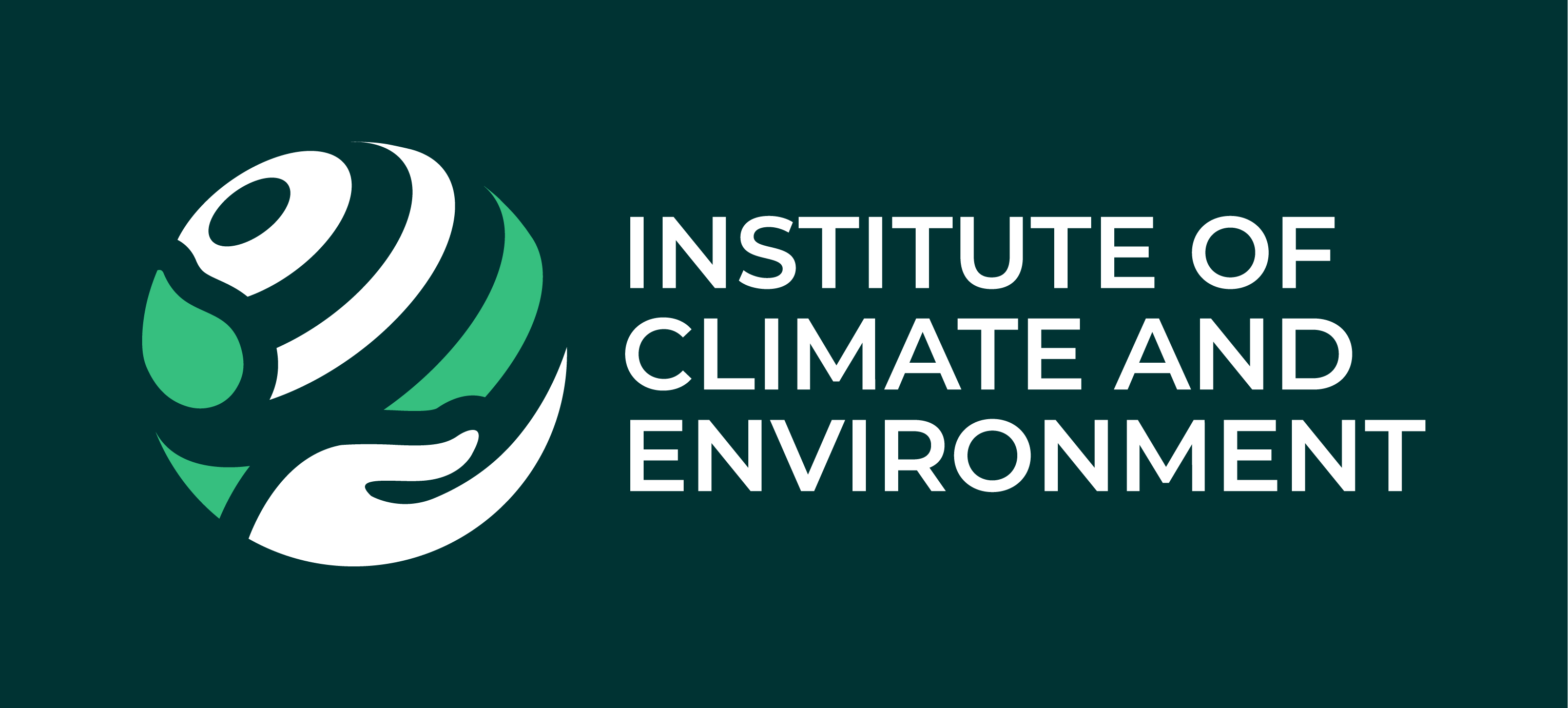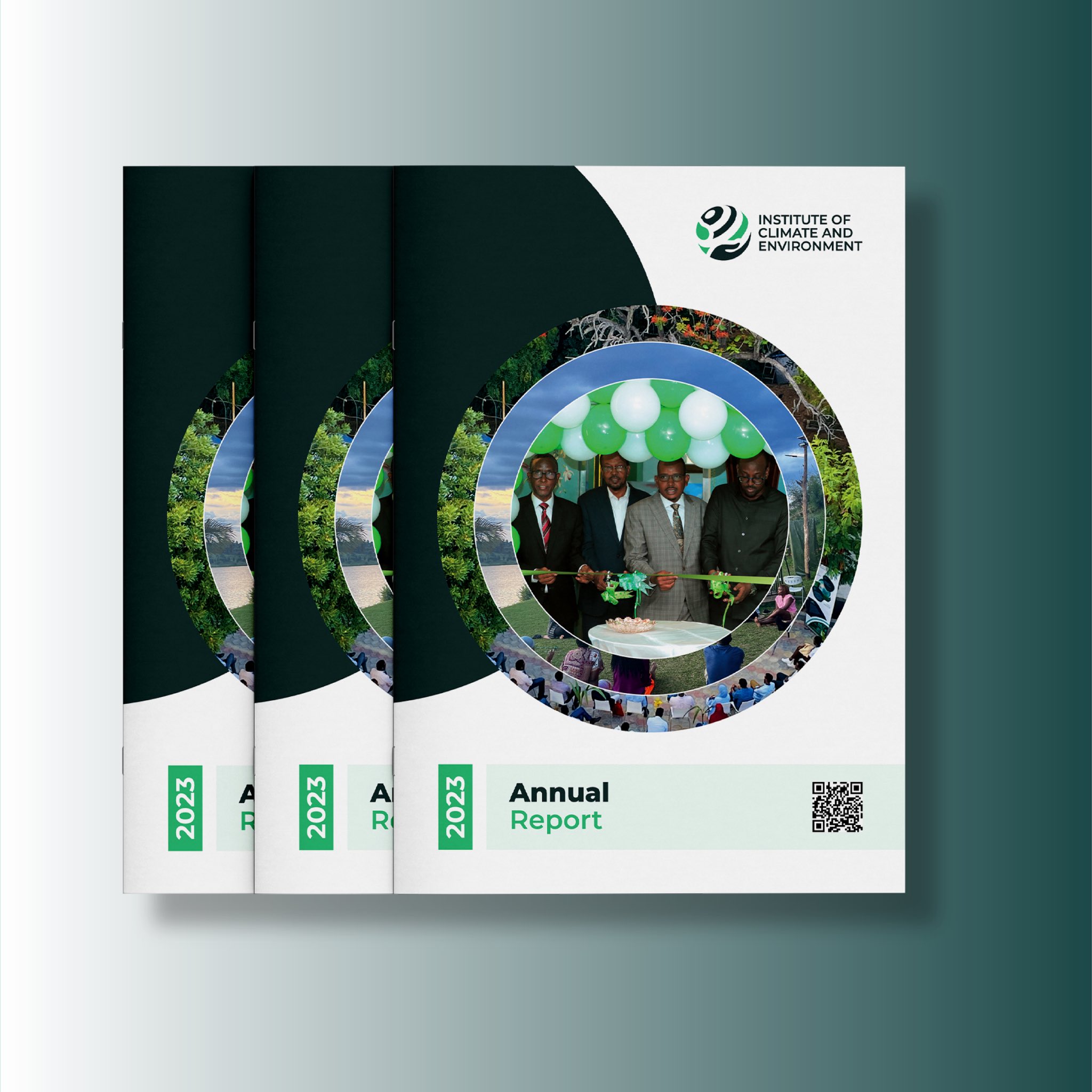
Solutions from students: Hack the Plastics Design Challenge
Plastic pollution poses a significant threat to the environment, human health, and the overall well-being of communities. To combat this issue in Mogadishu, ICE Institute organized a one-day Hackathon, “Hack the Plastics,” as part of our commitment to creating a greener, cleaner, and healthier environment in Somalia. The event was held a head of celebrations of World Environment Day, serving as a platform to advocate for environmental consciousness and foster innovative solutions.
The Hackathon brought together students from diverse backgrounds, each with their unique skills and perspectives. By harnessing the power of collaboration and critical thinking, the participants were able to develop creative and actionable strategies to tackle plastic pollution. Drawing inspiration from design sprints by IDEO and Nesta collective intelligence, the students embarked on a journey of problem-solving, ideation, and implementation.
Team Building and Problem Exploration
The Hackathon began with team-building exercises and energizers to create a collaborative and enthusiastic environment. Introductions were followed by a deep dive into the state of plastic pollution in Mogadishu, enabling participants to understand the urgency and gravity of the issue. Five teams were then formed, and each team embarked on a mission to think critically and creatively, developing sustainable solutions that were needs-based and community-driven.
The Design Process
The teams were assigned facilitators who supported them throughout the design process, which included inspiration, ideation, and implementation phases. Activities such as desk research, issue mapping, stakeholder engagement, interviews, and context immersion were undertaken by the teams to gather valuable insights and data. Armed with this knowledge, they ventured into the ideation phase, brainstorming and brain-wiring to develop insightful statements and questions that would guide their community-centered solutions. The teams then advanced to the prototype stage, applying various tools, visuals, and materials to showcase their innovative ideas effectively.
The Solutions
During the “Hack the Plastics” Design Challenge, the participating teams pitched their remarkable solutions to tackle plastic pollution in Mogadishu. These student-led sustainable solutions demonstrated their creativity, passion, and commitment to finding sustainable alternatives.
Team 1-Raising Awareness through Education: This team focused on changing people’s perceptions and behaviors towards plastic usage. They developed an awareness campaign to be implemented in local schools and universities. By training and challenging students’ thinking about plastics in their learning spaces, they aimed to influence local communities to reduce, reuse, and reorient their plastic consumption. To support their campaign, they created eye-catching dustbins in unique animal shapes, encouraging proper waste disposal. Additionally, they crafted designed awareness-raising phrases to spread through various media channels in Somalia.
Team 2- Transforming Waste into Useful Products: This team tackled plastic waste by collecting discarded shoes and repurposing them into yoga mats and other gym materials. Their solution aimed to promote a cleaner and healthier environment by transforming waste into functional and sustainable products. By repurposing these materials, they demonstrated the potential for upcycling plastic waste and minimizing its negative impact on the ecosystem, and health of wellbeing of biodiversity.
Team 3- Recycling and Advocacy for Legislative Change: This team proposed a two-fold approach to address plastic pollution. Firstly, they emphasized the importance of recycling single-use plastics to minimize their environmental impact. Secondly, they advocated for the introduction of legislation to ban plastic production and usage in the country. By combining practical solutions with advocacy efforts, they aimed to create a more sustainable future by reducing plastic waste and encouraging responsible consumption.
Team 4-Encouraging Reusable Options and Behavioral Change: This team focused on reducing plastic usage within the university setting. They proposed implementing a ban on single-use plastics on campus and introduced a water refilling system. By providing students with the option to purchase reusable water bottles and access affordable refill stations, they aimed to promote behavioral change and reduce plastic waste. Their solution targeted both cost-effectiveness and environmental consciousness, creating a win-win situation for students and the environment.
Team 5- Biodegradable Alternatives for Single-Use Plastics: This team sought to disrupt the plastic industry by developing biodegradable alternatives to single-use plastics. They focused on prototyping biodegradable plastics and paper bags that could replace conventional single-use plastic items. Their solution aimed to contribute to the circular economy by offering environmentally friendly alternatives that minimize pollution and waste accumulation.
The students’ solutions showcased their innovative thinking and dedication to addressing plastic pollution from different angles. By promoting awareness, advocating for legislative change, encouraging behavioral shifts, and exploring sustainable alternatives, these teams demonstrated their commitment to a cleaner and greener future for Mogadishu.
Celebrating Success
After an intense period of design and prototyping, the teams were ready to present their solutions. They pitched their ideas in front of a panel of judges, who assessed the solutions based on their innovativeness, community focus, environmental friendliness, and alignment with the design challenge. The teams showcased their prototypes and played a one-minute video documenting their design process, captivating both the participants and judges. The culmination of the Hackathon was met with great enthusiasm as the teams presented their solutions with confidence and passion. The participants and judges thoroughly scored the presentations, which highlighted the dedication and hard work put in by each team. The event concluded with a celebratory moment, where everyone gathered for a group photo, symbolizing their commitment to combating plastic pollution.
Recognizing Outstanding Achievement: As a testament to the incredible efforts displayed throughout the Hackathon, the winning team received a congratulatory clap, acknowledging their outstanding contribution. However, All the participant played a vital role in addressing the plastic pollution crisis, and their commitment and dedication should be celebrated.
Moving Forward
Following the “Hack the Plastics” Hackathon, the journey does not end for the winning team and the other participating teams. They will now have the opportunity to enter an incubation process, where they will receive mentorship and support to further develop their solutions into sustainable social enterprises. This incubation process aims to transform their innovative ideas into actionable projects that can be implemented within communities, ultimately contributing to a cleaner, healthier, and plastic-free future in Mogadishu.
The mentorship provided during the incubation process will guide the teams in refining their solutions, addressing any potential challenges, and ensuring their feasibility and scalability. By leveraging the expertise and experience of mentors, the teams will receive valuable insights and guidance on how to turn their concepts into impactful ventures. The incubation process will not only focus on the technical aspects of implementation but also on building strong foundations for the social enterprises. The teams will receive support in developing business plans, establishing networks and partnerships, securing funding opportunities, and creating sustainable models for long-term success. The goal is to empower the teams with the necessary tools and resources to make their solutions a reality and create a lasting positive impact in Mogadishu.
Throughout the incubation process, the teams will have the chance to refine their prototypes, conduct further research, and engage with stakeholders and potential users to ensure that their solutions are tailored to the specific needs of the communities in Mogadishu. This community-centered approach will enhance the relevance and effectiveness of their social enterprises. Additionally, the incubation process will provide a platform for knowledge sharing and collaboration among the participating teams. By fostering an environment of learning and exchange, the teams can draw inspiration from one another, share insights and challenges, and collectively contribute to the ongoing fight against plastic pollution.
The success of ICE Institute’s “Hack the Plastics” Hackathon stands as a shining example of how students can contribute meaningfully to the global fight against plastic pollution. By fostering creativity, collaboration, and community-driven approaches, the event has ignited a passion for environmental conservation among the participants. As we celebrate their achievements, we also recognize the urgency of collective action in finding sustainable solutions to protect our planet. ICE Institute and SIMAD University continue to pave the way for future environmental innovators and change-makers, driving us closer to a cleaner, healthier, and greener future for Mogadishu and beyond.







